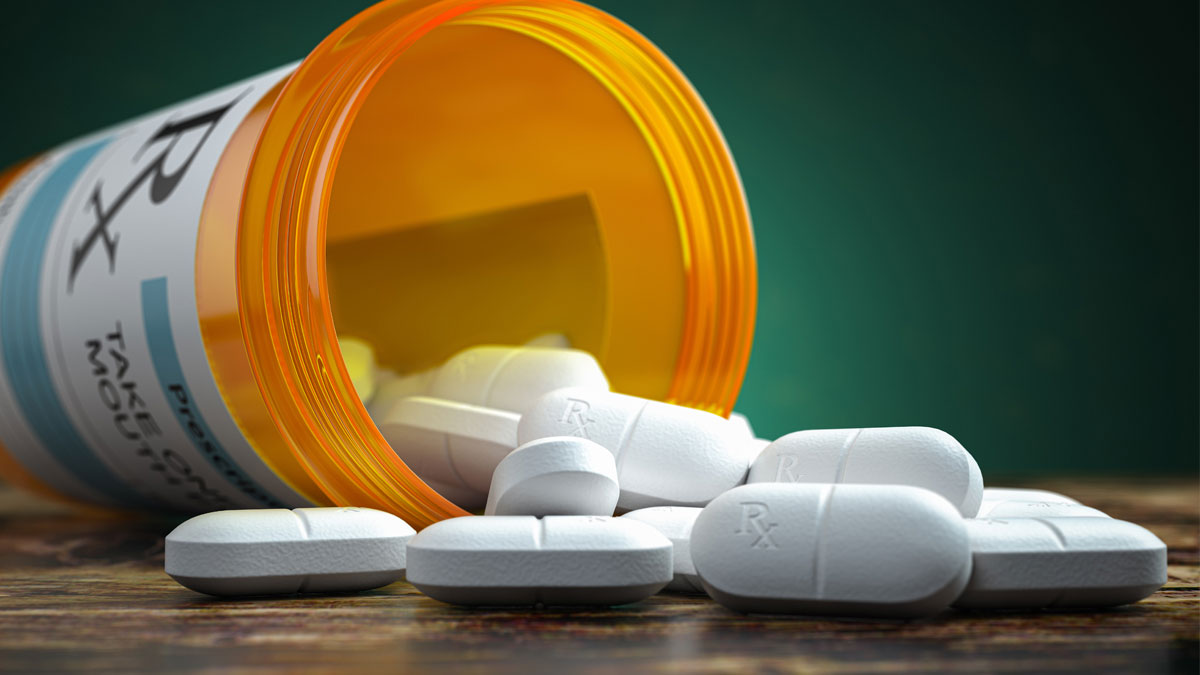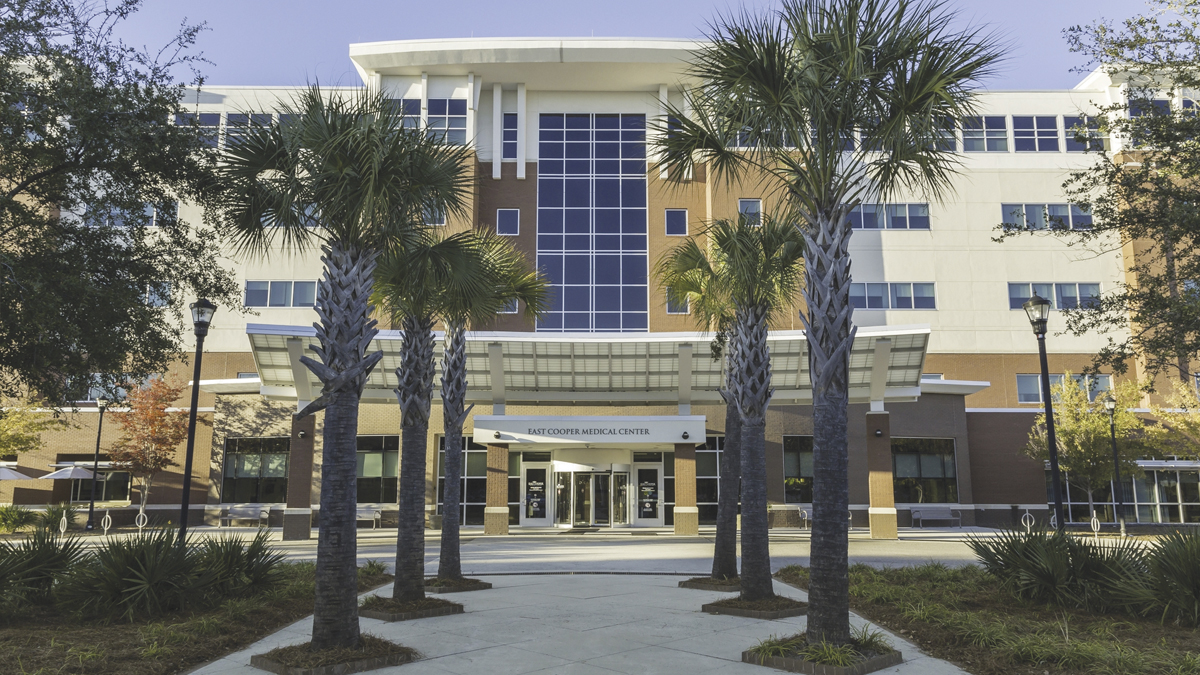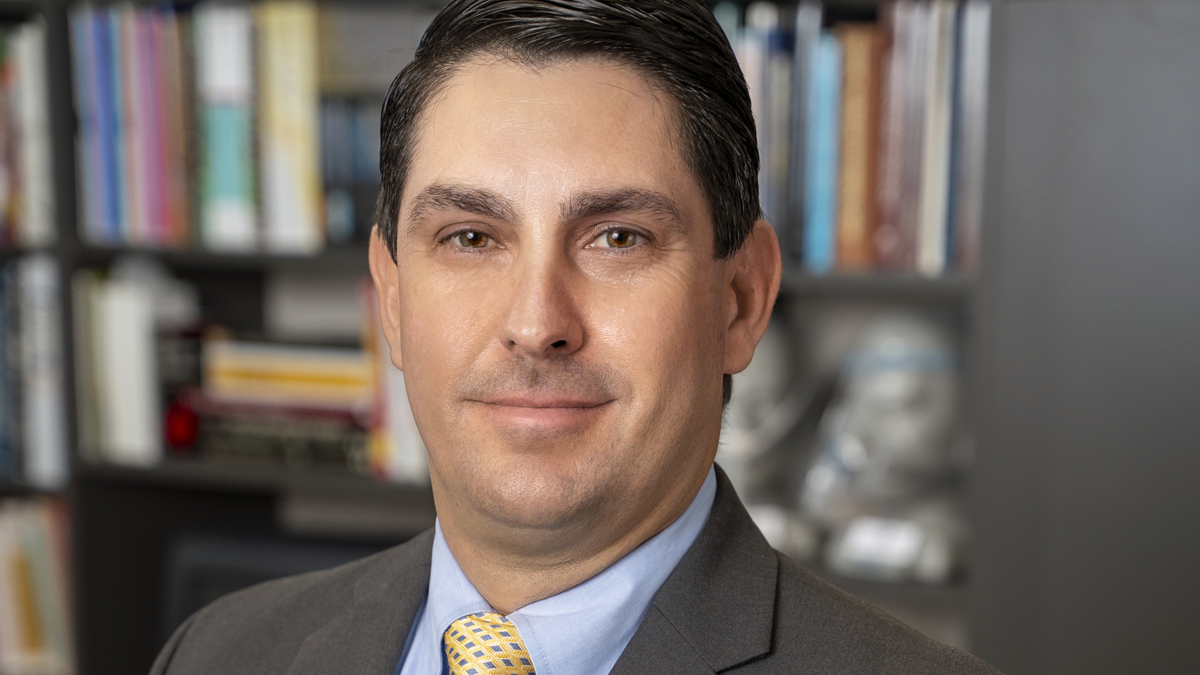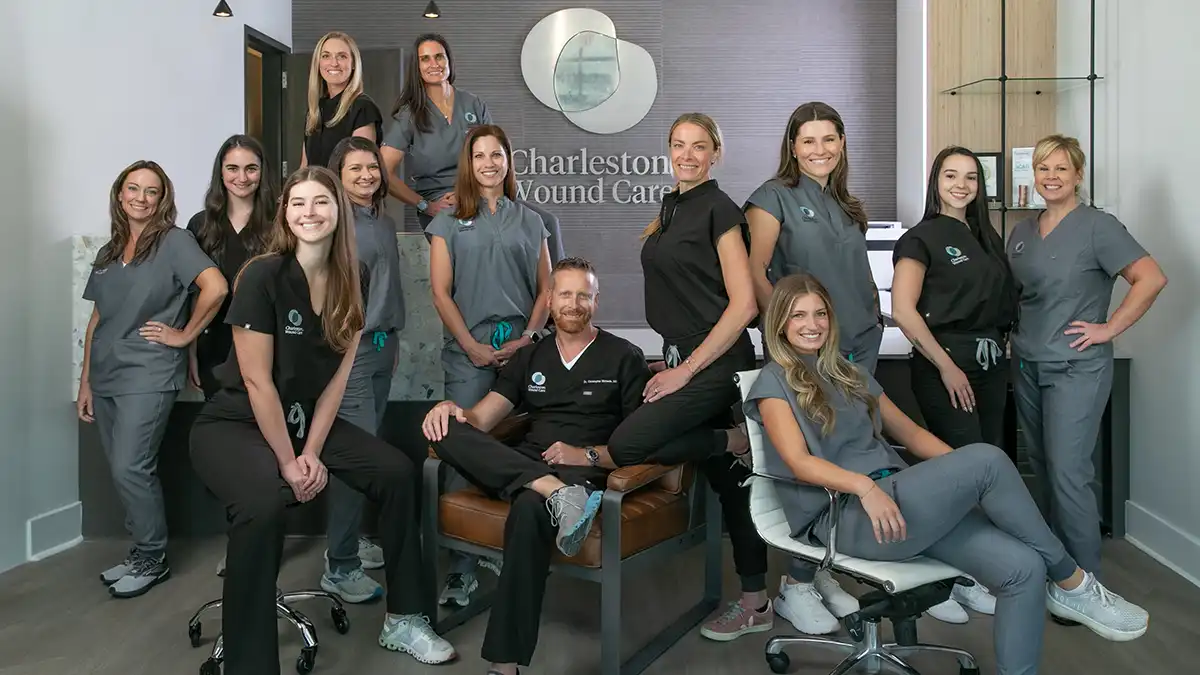Imagine walking down the hallway of a hospital ward where people are, for example, recovering post-surgery. You pass a patient room on your right and one on your left. Ten steps further, another set of rooms to the right and left. Statistically, one of those four patients in that short walk will wind up abusing the opioids prescribed to them.
There’s a reason it’s called an opioid addiction epidemic. Today, more people are likely to die from an opioid overdose than in car accidents, according to Dr. David Smith of Tidewater Health. It’s possible to become addicted in as little as three days of use. Furthering the problem, he explained, 6% of opioid abusers transition to heroin – which is often cut with Chinese fentanyl and other fillers – due to lower costs and easier availability.
South Carolina is not immune to the epidemic. In fact, the Palmetto State ranks third in the country for opioid prescriptions written per person, with Charleston County leading the state and topping national charts. Charleston also averages 90 of the state’s 800 opioid overdose deaths annually.
So how can we begin to fix this problem? How can we help ourselves or get our loved ones help when they’re ready? Twelve-step programs like Narcotics Anonymous promote complete, abstinence-based sobriety and only have a 5% to 20% success rate, explained Dr. Smith. Some treatment facilities also tend to treat addicts with a level of disrespect for the choices they have made, he added.
“Addiction is a chronic disease, not a moral failure. Like heart disease or diabetes, it can be managed, but, like those illnesses, it frequently requires medication to treat it effectively,” said Dr. Smith. “We try to understand each patient’s story and what issues they may be dealing with that would influence their sobriety. They are given the respect that they deserve and receive no judgment. We counsel the patients to be able to make changes in lifestyle, behavior and psychiatric conditions to allow ultimate recovery rather than cycles of relapse.”
Tidewater Health specializes in medication-assisted treatment, combined with counseling, to help addicts return to normal, healthy living. They primarily use Suboxone, a partial opioid agonist that prevents opioid withdrawal and cravings, as well as stabilizes opioid receptors. By blocking receptors, it essentially prevents the abuse of other opioids. It does not provide a “high,” and overdoses of the medication are rare.
“The use of Suboxone does not replace one addictive drug with another. Instead, it provides a safe, controlled level of medication to overcome the use of problem opioids. It has been proven to significantly lower the risk of mortality, adverse outcomes and relapse rates,” Dr. Smith explained.
“We have seen patients get their lives back immediately. The change that you can see in a patient in the first 24 hours is nothing short of miraculous. With nothing more than a desire to stop – and our help through medication treatments and counseling – we can literally save a life from opioid overdose and help restore families, friends, jobs and finances,” he said.
For more information on Tidewater Health, visit www.tidewaterhealth.org or call 843-474-6642.
By Anne Shuler Toole






